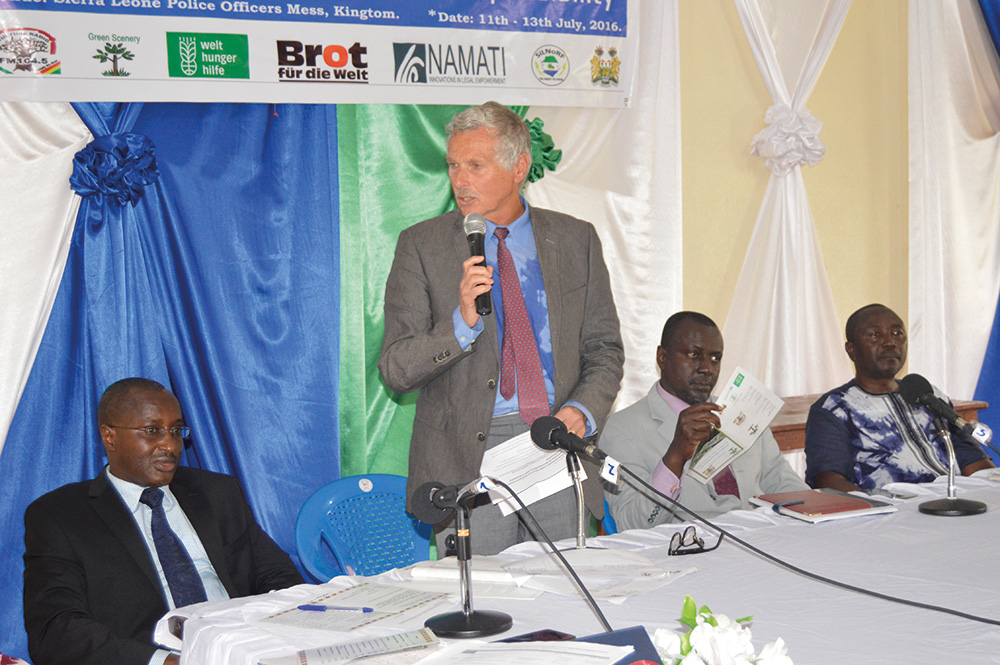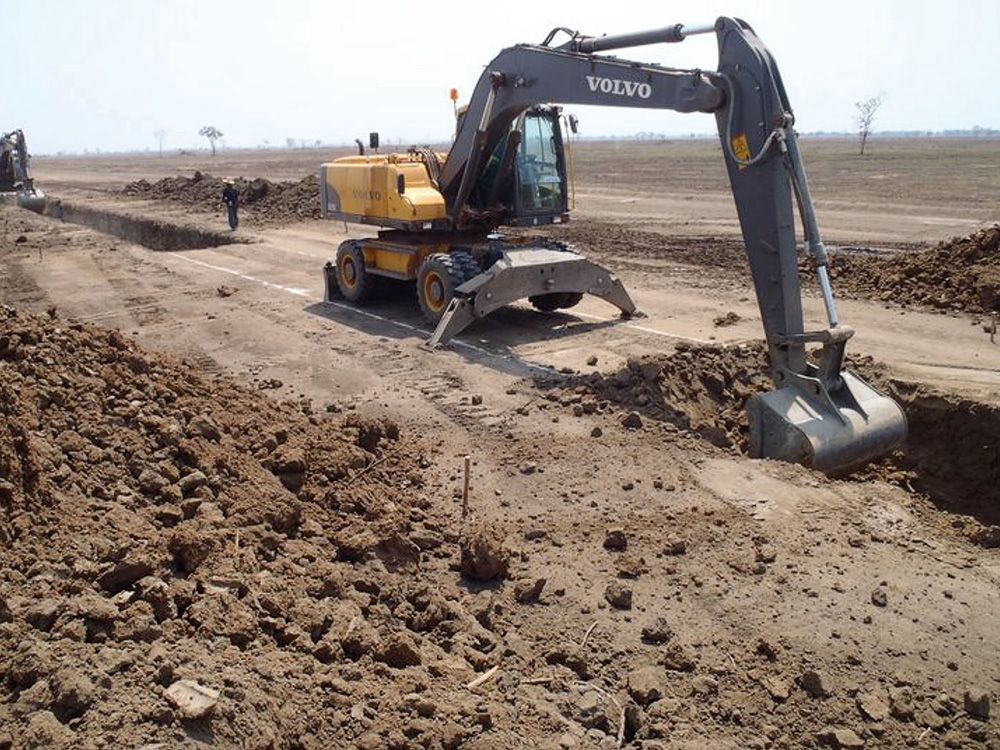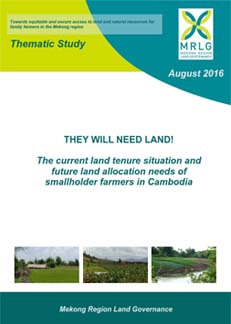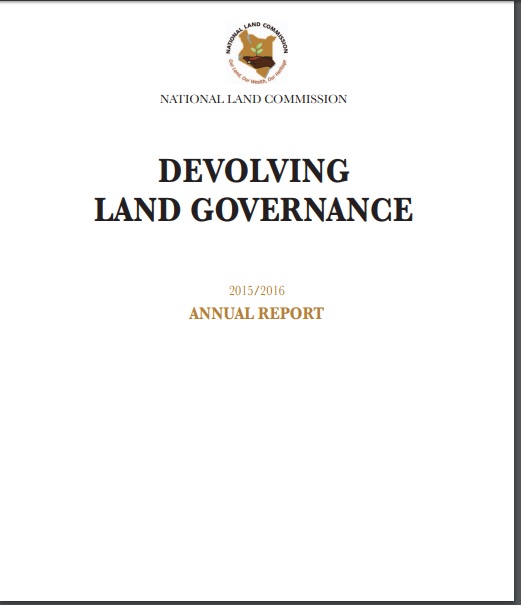Tragadero Grande: Tierra, derechos humanos y normas internacionales en el conflicto entre la familia Chaupe y Minera Yanacocha
Este informe presenta los hallazgos de la Misión Independiente de Constatación de los Hechos de Yanacocha (la «Misión»), realizada entre agosto de 2015 y marzo de 2016. A la Misión se le encargó examinar un conflicto entre una empresa minera aurífera multinacional y una familia campesina local en un área alto andina del norte del Perú. En la raíz del conflicto se encuentra una disputa sobre una parcela de tierra denominada «Tragadero Grande».








